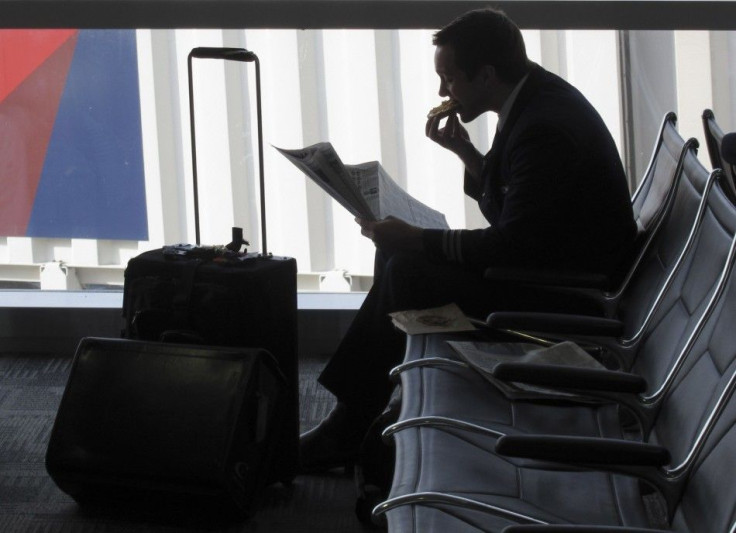Business Travel Growth To Slow Amid Europe’s Woes: Report

The European fiscal crisis is dragging down business travel growth in the United States, according to a new report from the Alexandria, Va.-based Global Business Travel Association.
The GBTA predicts economic uncertainty in Europe, coupled with ongoing concerns about the U.S. economy -- including low job growth, falling consumer confidence and retail sales, and slowing corporate profits -- will slow business travel in the near term as businesses enter into a holding pattern and wait for the economic environment to solidify.
Earlier this year, we created a number of shock scenarios modeling the potential impact of the European debt crisis on business travel here in the United States, said Michael W. McCormick, GBTA executive director and COO. In our Moderate Shock Scenario, we predicted that a prolonged recession in Europe would result in a flattening of business travel spending in the U.S. Unfortunately, it now seems that this shock scenario is becoming a reality.
The GBTA has significantly downgraded its outlook for U.S.-initiated business travel since last quarter -- despite the higher prices and relatively strong demand that fostered growth over the last few quarters.
The GBTA expects total business travel spending to grow by just 2.2 percent for 2012, reaching a year-end total of $256.5 billion. This figure represents a downgrade of 1.4 percent over last quarter, when the association predicted growth would be 3.6 percent.
Global hotel bookings have already slumped. They were down 5.7 percent globally in May, the most recent month for which data is available, and 8.8 percent in North America, compared to a year ago, according to Pegasus Solutions, the largest processor of electronic hotel transactions.
When corporate travelers are on the go, they're often paying significantly more this year than last year. Hotel rates paid by business travelers are on the rise, with the average daily rate in North America up 7.6 percent this May (and up 4 percent globally).
It's not just the accommodations; flights, too, are more expensive this year compared to last year. According to farecompare.com, round-trip tickets to Europe that would have cost under $700 last year exceed $1,000 this summer.
Yet, it's not all bad news, according to Tad Fordyce, head of global commercial solutions at Visa Inc., which sponsored the GBTA report.
Despite projected slowdowns in business travel, there is still reason to be optimistic, he said. U.S. travelers increased international tourism spending on their Visa accounts by nine percent in Q1 2012.
Fordyce added that travel purchases in China, for example, were up by 31 percent.
McCormick, meanwhile, believes companies need to avoid repeating past mistakes. He hopes businesses won't overreact and pull back on travel as they did in the depths of the recession.
In a challenging economy, companies may look to cut their travel spending, McCormick said. But GBTA research shows that that is the exact opposite of what they should be doing. In addition to the damage that slashing travel spending will do to a company's bottom line, cuts to travel budgets could make a bad economic situation significantly worse due to business travel's impact on the overall economy.
Looking ahead to 2013, GBTA predicts a slight drop in trips but estimates spending will grow 4.7 percent to $268.5 billion.
READ ALSO:
China To Top US As No. 1 Business Travel Destination: Report
World's Most Expensive Cities For Expats In 2012 [SLIDESHOW]
© Copyright IBTimes 2024. All rights reserved.





















